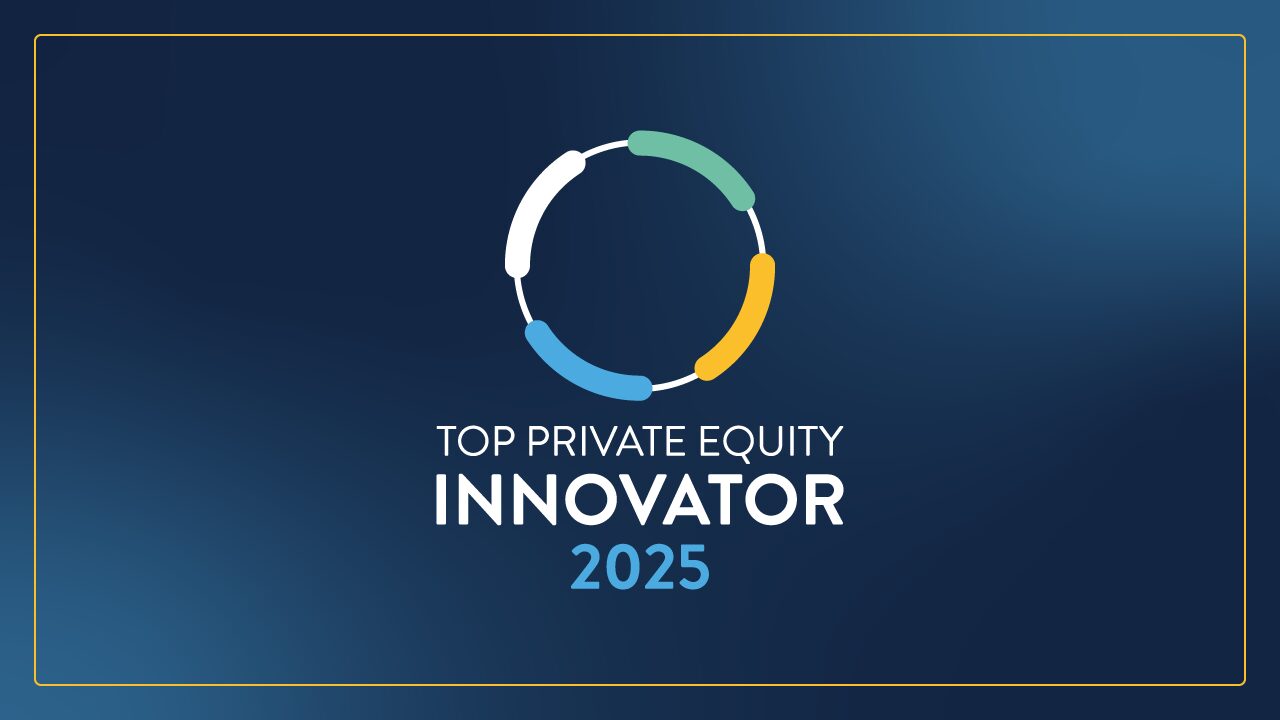As the daughter of a retired sportscaster, Kelly Cornelis had little knowledge of the finance world growing up on the outskirts of Chicago. She entered college at Notre Dame as an English major and stayed there until her sophomore year—when one of her professors noticed her proclivity for math and suggested she enroll in some business courses. “I was immediately drawn to the analytical aspects of finance,” she recalls. This led her to an investment management class, where she had the opportunity to manage money from the college endowment and was given 200k to track stocks and invest on their behalf. The rest, as the saying goes, was history.
Today, she serves as a Partner and Chief Operating Officer for Lasalle Capital, where she is responsible for deal sourcing and execution, financial operations, portfolio management, and investor relations. Kelly is also a founding member of Chicago Women in Private Equity, is a member of WAVE and PE WIN (Private Equity Women’s Investor Network) and served as a Board Member of MBBI (Midwest Business Brokers and Intermediaries) and ACG Chicago. In 2018, she was named one of mid-market M&A’s “Most Influential Women” by Mergers & Acquisitions magazine.
I had the pleasure of sitting down with Kelly and picking her brain about appointing female CEOs, how to create value, and how to embrace change in all its various forms.
Sean Mooney: What are some investments you are most excited about at LaSalle Capital?
Kelly Cornelis: We are primarily focused on the food and beverage sector, and we are seeing a tremendous amount of innovation, particularly in the middle to smaller markets. Because we invest in mostly small businesses, family-owned operations, or entrepreneurs, it’s exciting to partner with these founders and support them as they grow—despite a tumultuous 2020.
One example is our portfolio company, Fresh Origins, the leading grower of microgreens and edible flowers in the U.S. It was founded over 30 years ago by a solo entrepreneur—he basically invented the category. He started with one greenhouse, and now we have over 30 greenhouses and over two million square feet of space in San Diego, California. Recently, we promoted his right-hand person to CEO, and she is steering the company toward rapid growth, given her vast experience and deep understanding of the niche industry landscape.
SM: The PE industry speaks generally about “value creation” continually. What does this mean to you, specifically?
KC: We look at this in a variety of ways, but we mostly focus on revenue, EBITA growth, and margin enhancement (implementing production efficiencies). We also try to assess the strength of the management team; then we spend time adding the right-fit experts and people to finance, operations, sales, and other areas of importance. Although this isn’t directly related to numbers, it comes through in the numbers. Simply put, strong teams made up of the right people are what enable value creation.
SM: 2020 was quite a year for the food and beverage sector. What were some positive results of the shifting pandemic world in terms of this industry?
KC: Our portfolio companies were extremely impacted by covid-19, as you can imagine, and as a result, we implemented crisis management tactics and protocols at many of our food businesses—which were broadly recognized as essential businesses. Three of our companies are in manufacturing, and they sell to restaurants, so after the initial shock of March 2020, we adjusted by reducing headcount (unfortunately), implementing safety procedures, while simultaneously increasing wages for employees putting themselves at risk. We even had one of our portfolio company CEOs working the production line because we had several people out sick. But many positive things came out of the pandemic as well. We became more efficient and also entered new sales channels. All of the companies are now performing extremely well and almost back to pre-COVID sales; and I think many of the changes we have seen in consumer behavior such as grocery delivery, take-out, and meal kits and increased focus on healthier eating will stick.
SM: How do you leverage interim executives and experts to create value within your portfolio companies? What resource areas are most “in demand” right now?
KC: We use interim executives for various reasons: if someone leaves unexpectedly, or need specific project expertise for ERP systems. We often bring in interim CFOs before we exit a business because we need extra help with the sale process. As far as experts in demand, covid-19 has created opportunities for new channels and new products. Using Fresh Origins again as the example, we are going into the retail channel, so we are looking for experienced sales executives and expert resources to help us take advantage of this opportunity.
SM: Above all else, what is the one quality you always look for in a leader—whether short-term project hire or long-term for company growth?
KC: We have seen different styles work in different situations, and not all leaders are cut from the same cloth. But the ability to problem solve is the key; being able to create solutions that move quickly and not get sidetracked or bogged down by every little obstacle that arises.
SM: Any advice for striking that elusive work/life balance, particularly in our increasingly virtual and 24/7 world?
KC: Being on devices all day is draining, compared to pre-pandemic when you were meeting someone in person for lunch or coffee. I’ve been trying to take technology breaks throughout the day—go for a walk or read a physical book. I don’t think we realize the impact this is having on our mental and physical health. As we move into the “new normal” we need to retain some balance and not let ourselves get sucked into our desks, our computers, and our phones.
SM: In one sentence, what was the biggest, unexpected change in 2020 that you are embracing in 2021?
KC: Being less scheduled, not attending kids’ birthday parties [laughs], and not commuting.


